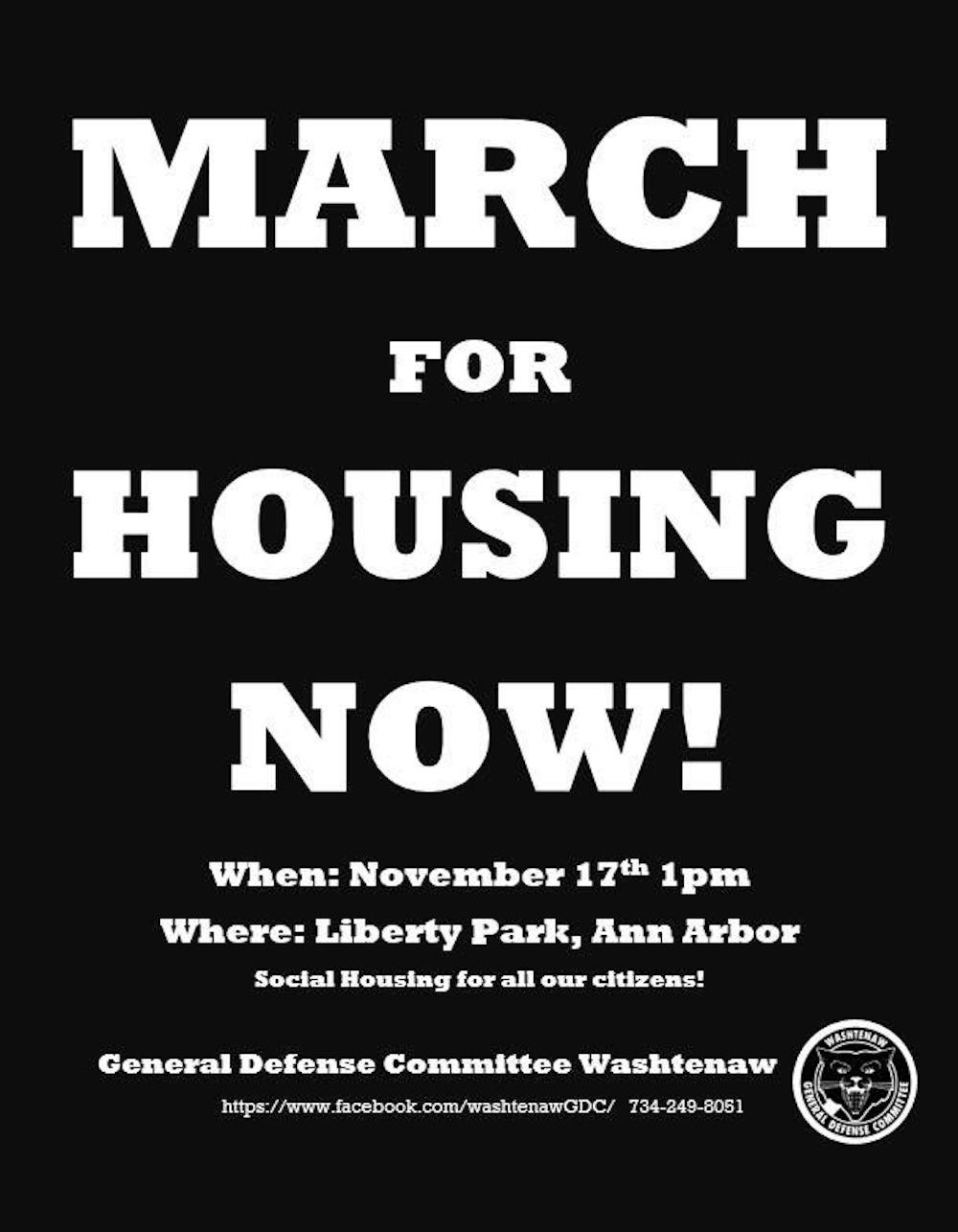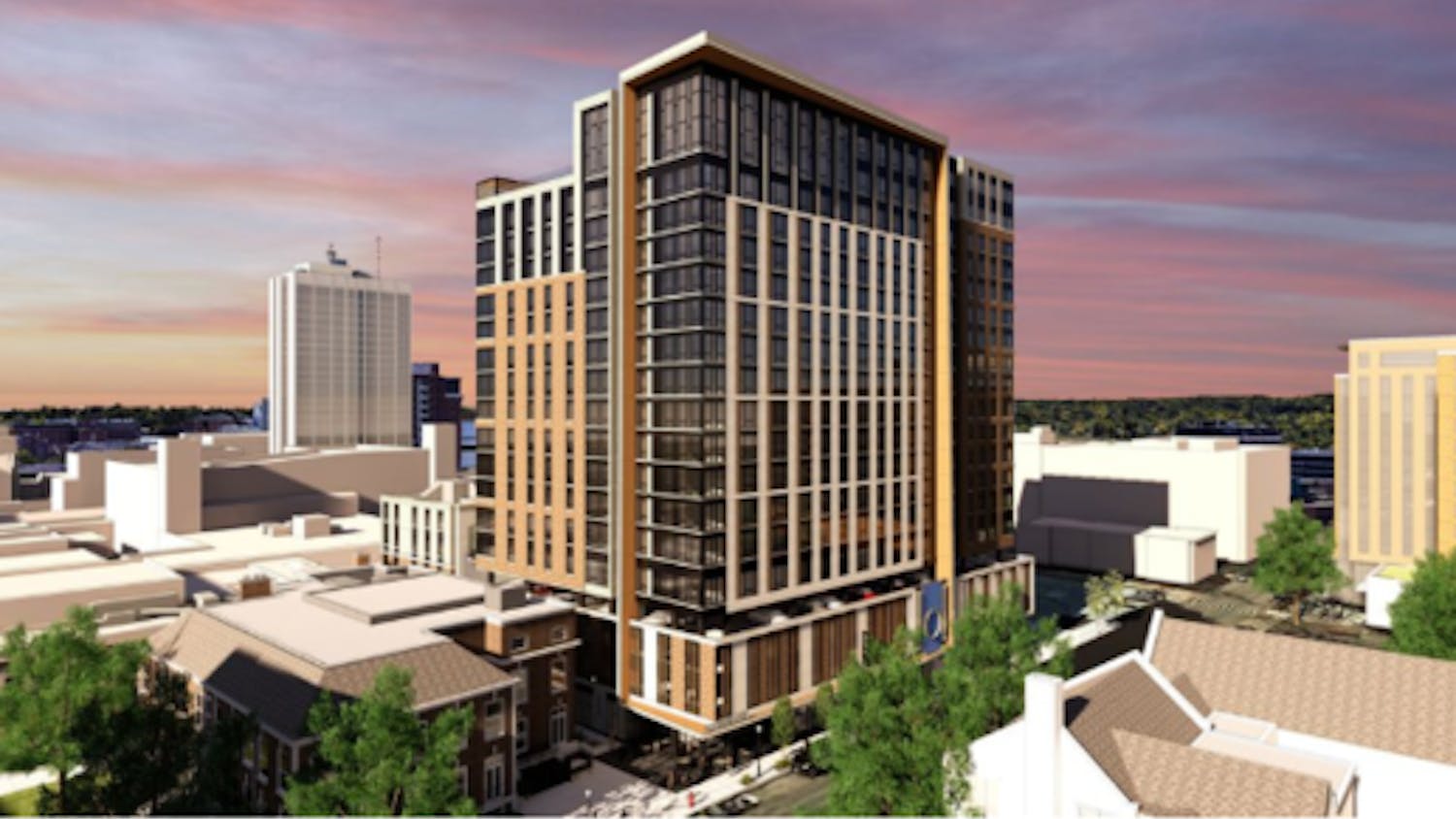Over the past decade, the City of Ann Arbor has made very little progress in increasing the amount of affordable housing within its city. While concrete goals have been set, Ann Arbor continues to use the cheaper rental market of Ypsilanti as its de facto affordable housing policy. Consistent inaction by elected officials has worsened inequality in an already highly segregated county.
In 2015, czb was hired by Washtenaw County to conduct a study on housing. The findings were dire, making it clear that Ann Arbor has to add 2,800 affordable units by 2035 or risk making Washtenaw County even more unequal. It is already the eighth most economically segregated metro area in the nation.
Shortly after the czb study was released in early 2015, Ann Arbor City Council adopted the affordable housing goals that it set out. This means that to have any chance of reaching the goal, 140 new affordable units have to be added every year until 2035. This resolution by council was a prime example of virtue signalling. Since 2015, only 50 new affordable rental units have popped up in Ann Arbor.
Since adopting these goals, many members of the Ann Arbor City Council have used every excuse in the book to reject proposed affordable housing developments. Skeptical council members often claim that the lack of affordable housing is an issue but when it comes time to actually voting yes on affordable development, they crumble at the perceived “trade offs” and “negatives.”
A prime example of this is city council rejecting a proposed affordable senior housing development in early 2019. The Lockwood Apartments would have been built in a wooded area on Jackson Road just west of Stadium Boulevard. In a six to five vote, city council rejected the proposed apartment complex which would have added 95 rental units, at least 41 of them being affordable.
None of the council members who voted no openly stated that they disagree with an increase in the amount of lower income individuals into a medium to upper income neighborhood or the diversification of neighborhoods whose inhabitants are mainly white. Instead, they spoke in dog whistles, arguing that the apartments were “incompatible” with the surrounding neighborhood and lacked “sufficient parking.” Any excuse necessary was made to not have the affordable units built within Ann Arbor city limits.
The affordable housing policy of the City of Ann Arbor is essentially the presence of the cheaper rental market of Ypsilanti and Ypsilanti Township. Individuals that cannot afford to live in Ann Arbor because of cost can simply pack up and move to Ypsilanti. While Ann Arbor adopted the affordable housing goals outlined in the czb study, there has been no actual policy implemented to meet those goals. If city council cannot even approve 41 affordable rental units for seniors, how can anyone expect real action from this group of elected officials?

This Sunday, Nov. 17, multiple nonprofits are holding the MARCH for Housing NOW in downtown Ann Arbor at 1:00 p.m. Event leaders state that both the City of Ann Arbor and the University of Michigan “must make good on their broken promises for affordable housing.” If elected officials will not take action, Ann Arbor residents must apply pressure until they do.
There are multiple real policies that the Ann Arbor City Council could implement to increase the amount of affordable rental units. Financially incentivizing landlords to accept more Section 8 Housing Choice Voucher recipients and incentivizing highrise developments in downtown to be 15% affordable are just two realistic policy options that would begin to address the issue.
The use of Ypsilanti as Ann Arbor’s defacto affordable housing policy has had real world consequences. The concentrated low-income housing within Ypsilanti has resulted in an average life expectancy nine years lower than that of Ann Arbor, higher rates of both violent and nonviolent crime and dramatically lower levels of social mobility. Mixed income neighborhoods are one step towards remedying these issues of inequality and economic segregation within Washtenaw County. The City of Ann Arbor needs to implement policies that actively begin to address its shortage of affordable housing.










